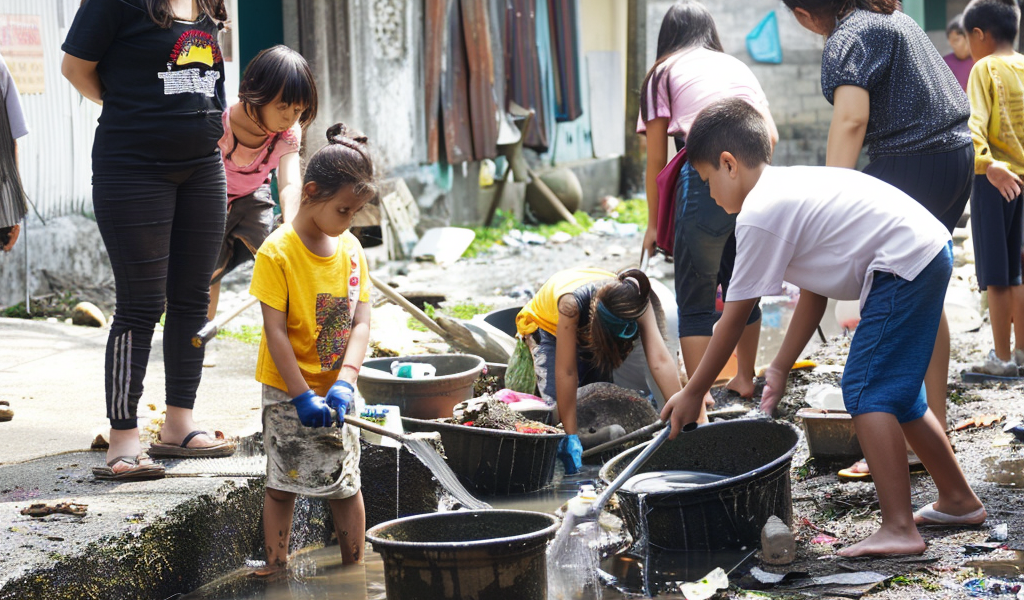Health officials in Malaysia have reported an increase in dengue fever cases during the 20th epidemiological week of the year, with two deaths attributed to the disease. According to Health director-general Datuk Dr Muhammad Radzi Abu Hassan, a total of 2,461 cases were reported during this period, compared to 2,338 cases in the previous week.
As of the 20th epidemiological week, the cumulative number of dengue fever cases for the year has reached 59,681, a significant increase from 43,619 cases reported during the same period in 2023. Additionally, there have been 42 reported deaths due to complications from dengue fever, compared to 28 deaths in the corresponding period last year.
The number of hotspot localities in the 20th epidemiological week stood at 59, slightly lower than the 60 recorded in the previous week. These hotspots were identified in various regions, with Selangor reporting the highest number of cases. Other affected areas included Kuala Lumpur, Putrajaya, Sarawak, Kedah, Perak, Penang, and Negeri Sembilan.
Dr Muhammad Radzi also highlighted that one case of chikungunya was recorded during the 20th epidemiological week, bringing the total number of cases to 25 with no outbreaks reported. In terms of zika surveillance, a total of 1,021 blood samples and six urine samples were screened, all yielding negative results.
Given the current school holiday season, health officials are urging schools and cleaning contractors to intensify efforts to prevent dengue transmission. This includes eliminating mosquito-breeding grounds within and around school premises, as well as properly disposing of containers or waste that could collect water.
It is crucial for the public to remain vigilant and take necessary precautions to reduce the risk of dengue fever transmission, especially during peak transmission periods. By working together to address mosquito breeding sites and practicing good hygiene, communities can help mitigate the spread of this mosquito-borne disease.





